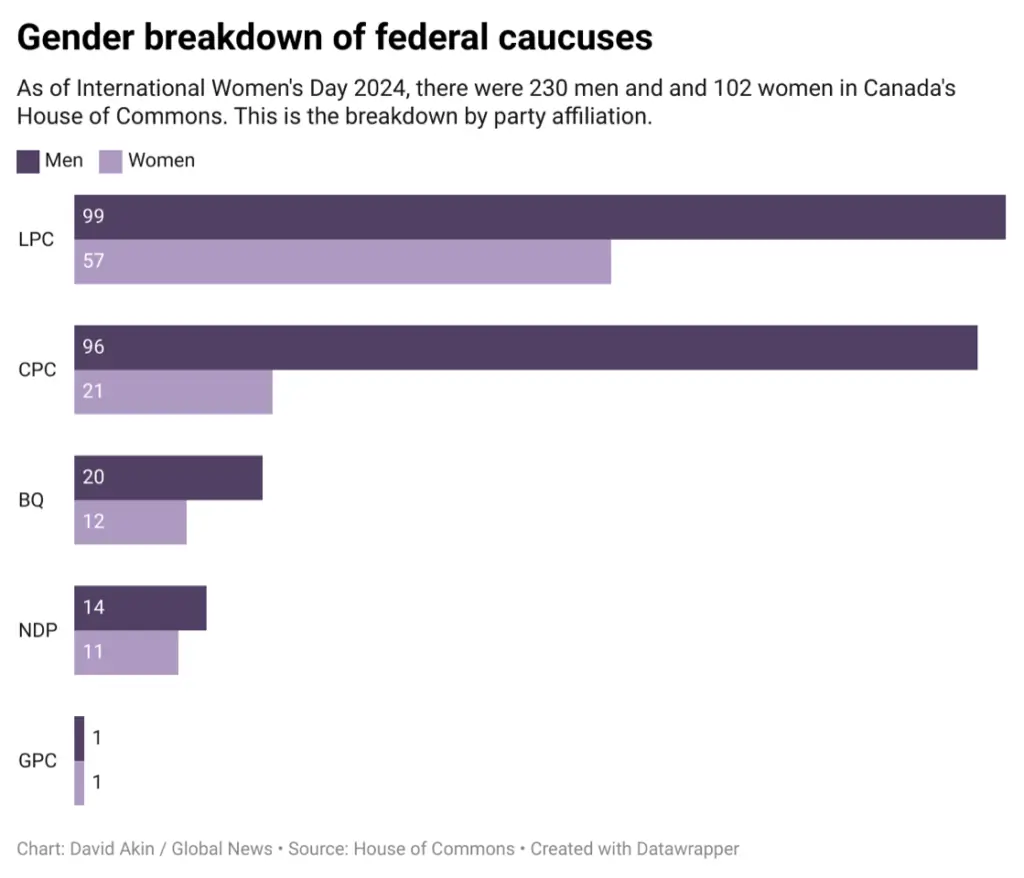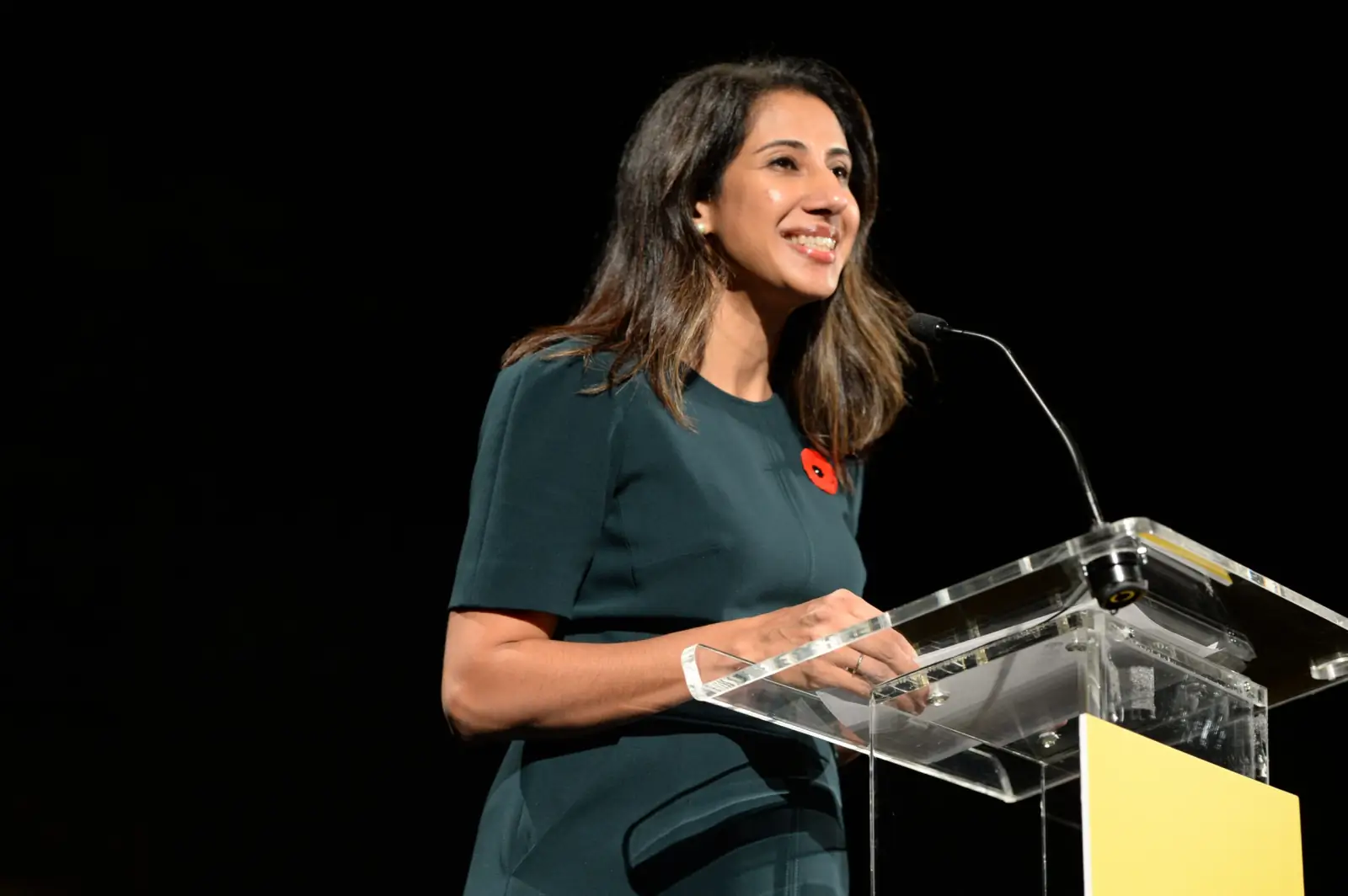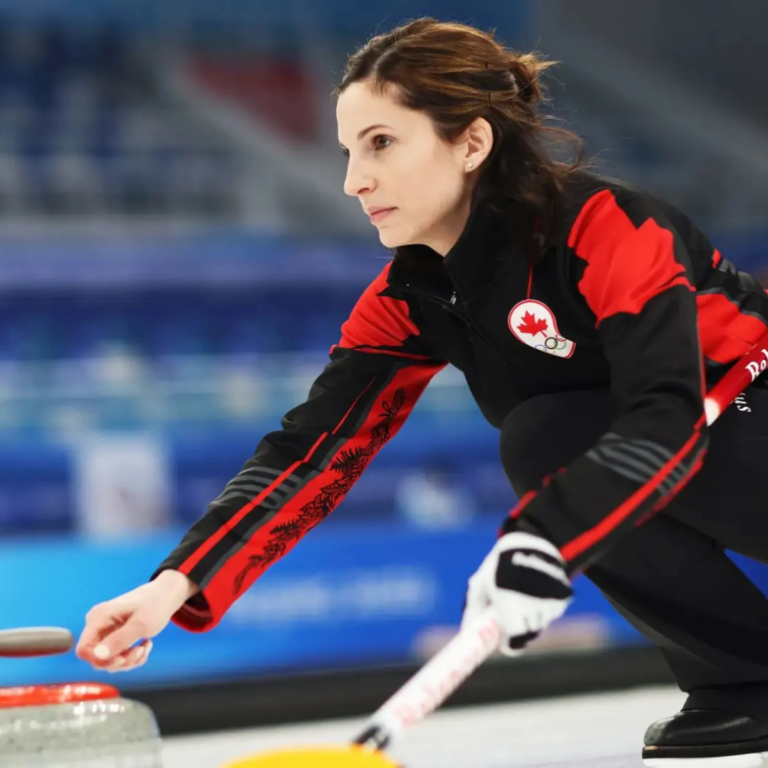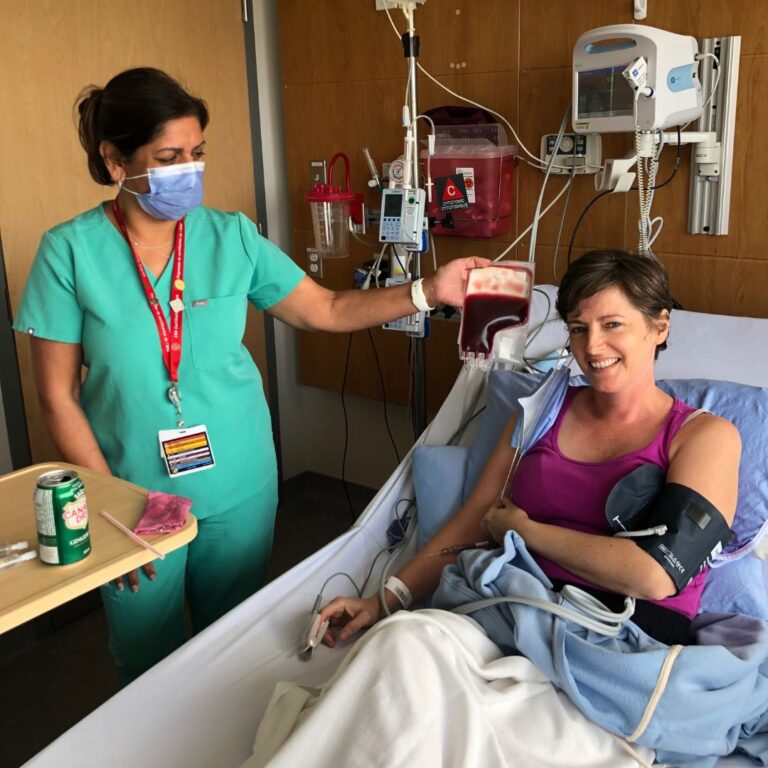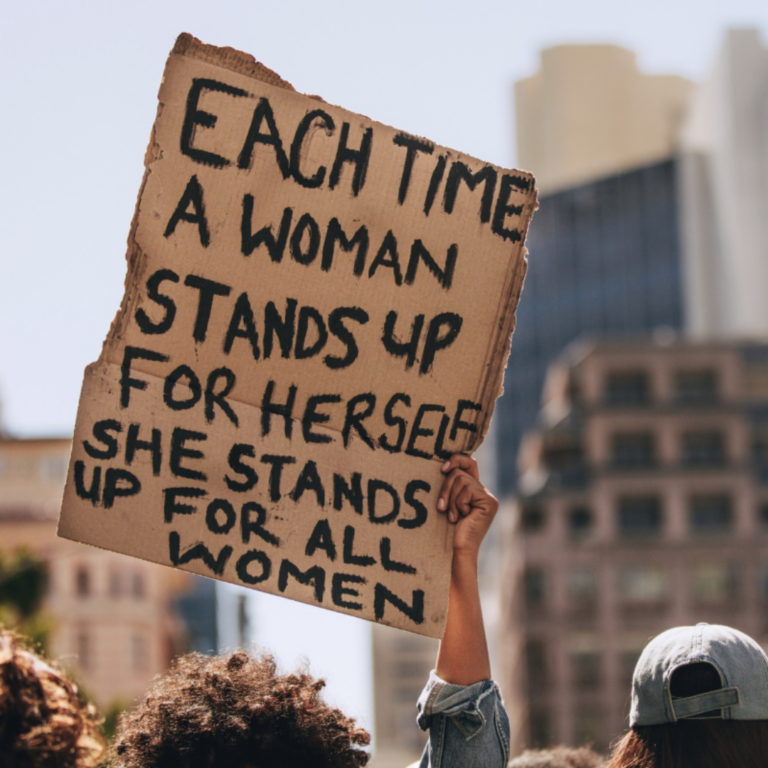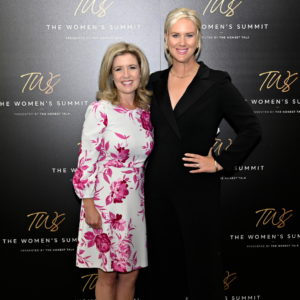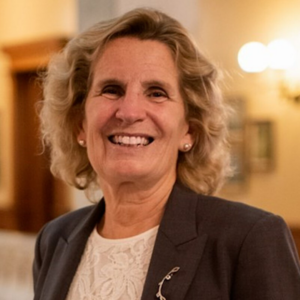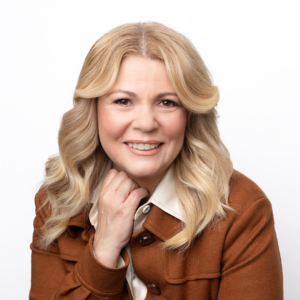Courage, ambition and renewal: the story of women in politics
Women Leaders19.03.2024
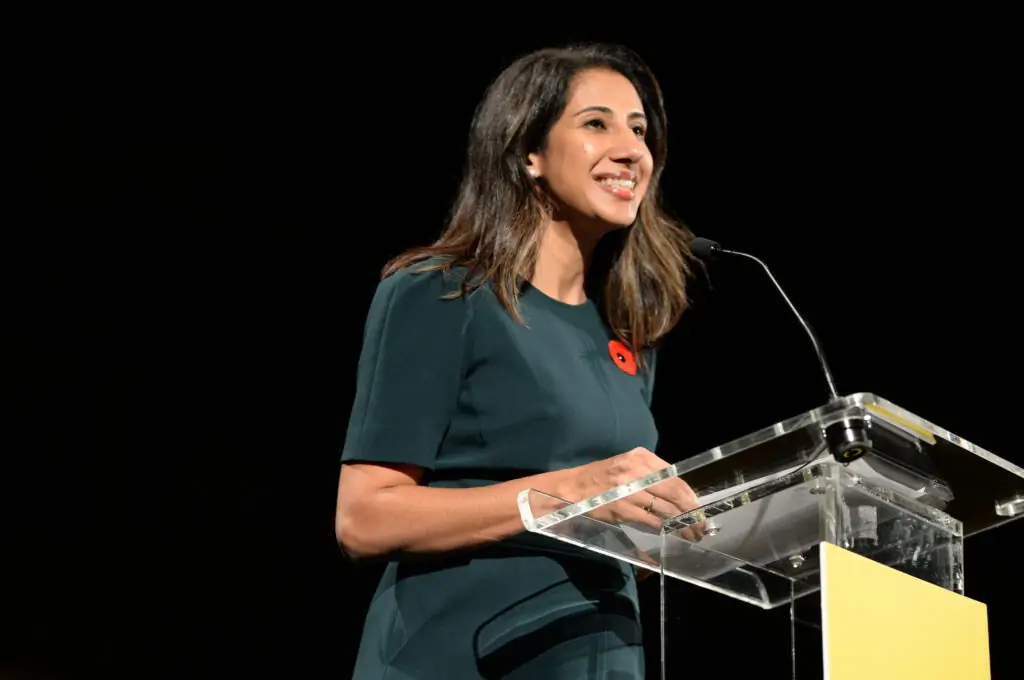
Today, most conversations about politics are about threats to our democracy. Words like “polarization” and “populism” dominate the headlines, which can make us feel like things are getting worse and there’s not much we can do about it. When the only story we tell about our democracy is about what’s going wrong, we become numb and lose sight of what’s working well, what we can change, and what’s vital to protect.
I’m interested in exploring other stories about our democracy. Stories that have nuance and creativity, that inspire and offer fuel over fear. In my job, running the Samara Centre for Democracy, I’ve had the privilege of hearing many stories about the human side of politics, and some of the most compelling often come from women.
Women play a vital role across all aspects of our democracy. They make essential, often unmeasured and unacknowledged civic contributions in our communities. Women have long played a crucial role in mobilizing against anti-democratic forces. Just recently, young female voters turned out in record numbers to defeat Poland’s authoritarian Law and Justice Party, and there’s been a surge in female candidates running for office in response to laws restricting women’s bodily autonomy in the United States.
These examples capture the current political moment and challenge the idea that democracy is fragile, something that’s beyond repair once it’s broken. They show that democracy is dynamic — it’s something we can evolve to address the challenges of the 21st century.
Of course, there are many challenges: the Inter-Parliamentary Union currently ranks Canada 64th in terms of gender representation amongst national parliaments. Only 30 per cent of MPs are women-identifying, and of that group, women of colour hold five per cent of seats while white women hold 24 per cent.
These numbers don’t represent the efforts of active citizens from vibrant communities across the country — communities that are deeply civically engaged and often animated by women and other groups that are underrepresented in our legislatures. So, how do we reconcile these concerning numbers with the rich reality of civic engagement in Canada?
One way forward is to take a critical look at a tired story about why women don’t run for office — that they must be cajoled, or they are too faint of heart. I know this isn’t true because at the Samara Centre, we’ve been conducting exit interviews with former Members of Parliament since 2008. To date, we have collected over 160 interviews that illuminate the lived experience of Canadian politics. A selection of these voices are featured in our award-winning podcast Humans of the House.
By listening to these MPs’ stories, we have found three central aspects of the MP experience that women interviewees describe as a barrier to a more representative, inclusive Parliament: the dated approach to work/life balance, facing online and offline toxicity as a condition of work, and feeling alienated or tokenized in Ottawa. This is important to understand — we all know it’s critical to elect MPs who represent Canada’s diverse communities, but it’s not over on arrival. It’s crucial to make sure these much-needed voices have the safe and sustainable conditions of work that enable them to stay in office.
When I interviewed Lisa Raitt, former Conservative MP for Milton, she talked about how Parliament was the best place she ever worked because equal pay meant equal power. She bonded with colleagues in different parties and made major personal sacrifices to serve her constituents. But she also shared some deep reflections about how media attacks to her personal integrity deeply affected her mental well-being and her family.
Catherine McKenna, former Liberal MP for Ottawa Centre, who faced extreme instances of harassment online and offline, told me about how Parliament needs to catch up as a place of work. She felt strongly that it needs to professionalize and provide safer, sustainable working conditions for MPs.
For Cheryl Hardcastle, former NDP MP for Windsor-Tecumseh, there was a through line from being a volunteer who advocated for equal prime-time ice access for girls playing hockey to becoming a political candidate. Even after her challenging time in office, she emphasized to me the importance of retaining hope and optimism about what we can achieve in Canadian politics. In fact, across our numerous and varied exit interviews one theme is constant: there are no regrets about devoting years to public service.
There is a strong correlation between countries with resilient democracies and countries that work to empower women. We all benefit when the complex and challenging circumstances that women encounter on their civic journeys are improved. The examples shared here illuminate the power of women in politics — in their communities and in Parliament.
There are certainly dark stories we can tell about the state of democracy today, but there are also stories about courage, ambition, and renewal for how we practice politics. Let’s leverage them to secure a democracy that is defined not by fragility but by fortitude.

